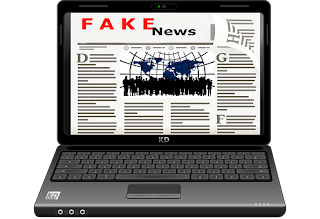No One Is Affected by Misinformation: An Investigation of Misinformation Sharing by Subscribers to Fact-Checking Newsletters
Release date: August 10, 2021
https://doi.org/10.1371/journal.pone.0255702
Commentary
In response to the rapid generation and dissemination of misinformation and false news caused by the COVID-19 pandemic, as well as other diseases, this study will investigate whether subscribers to fact-checking newsletters (n = 1397) are willing to share potential misinformation, or whether the predictors of potential misinformation are the same as in the general sample.
We also examined predictors of willingness to receive the COVID-19 vaccine and found that acceptance of the vaccine was high on average, but decreased as a function of decreased belief in science and increased conspiracy mentality.
Twenty-four percent of participants were likely to share misinformation, and this phenomenon was predicted to be due to low belief in science.
As in the general sample, participants were motivated to share misinformation, which can be caused by an interest in information.
Alternatively, they were observed to seek a second opinion about the veracity of the information. However, even when information is shared in good faith and is not intended to deceive or mislead others, the spread of misinformation can be very problematic, the researchers said.
These results indicate that exposure to misinformation can create false beliefs about others, reduce adherence to social distance measures, increase vaccine hesitancy, and undermine efforts to control the spread of COVID-19.





